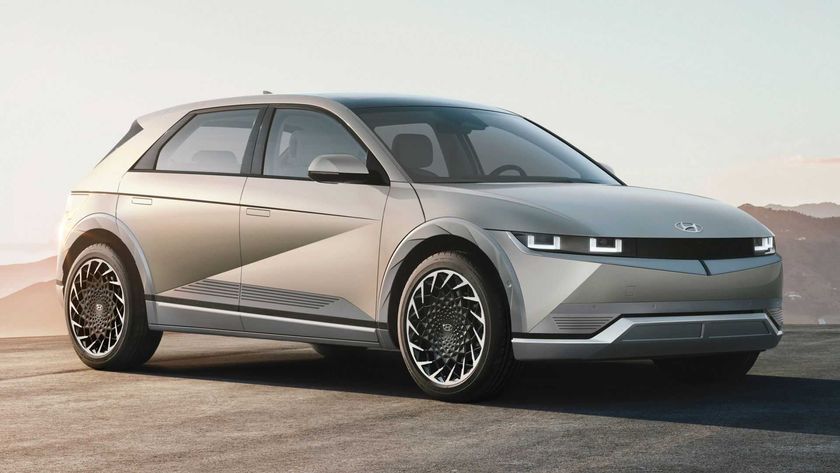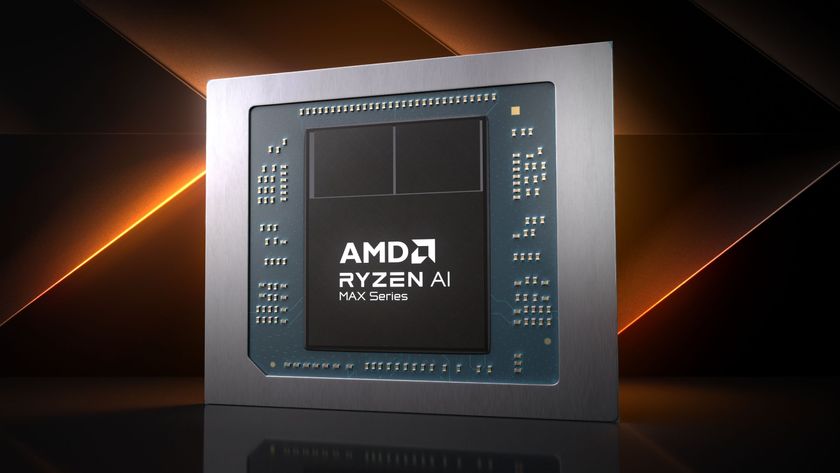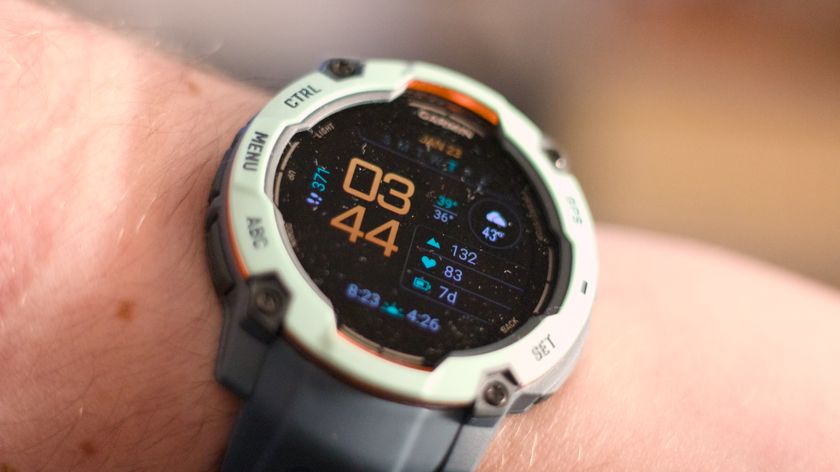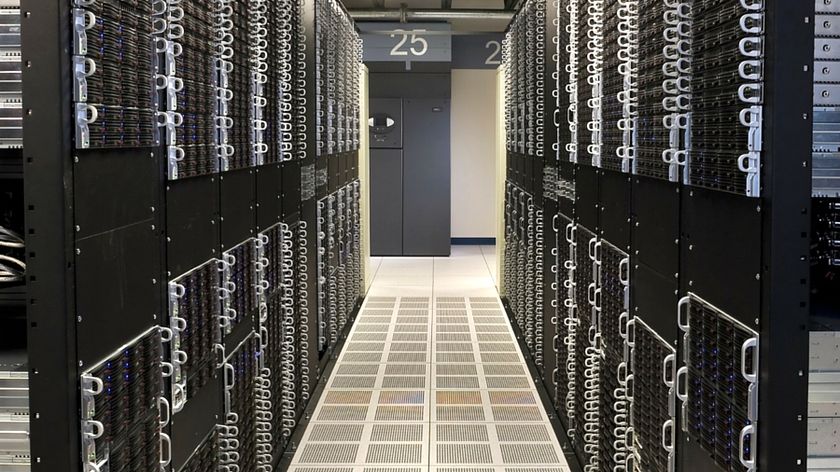Tesla crash: Autopilot was not on, says Elon Musk
The CEO shared data log findings on Twitter
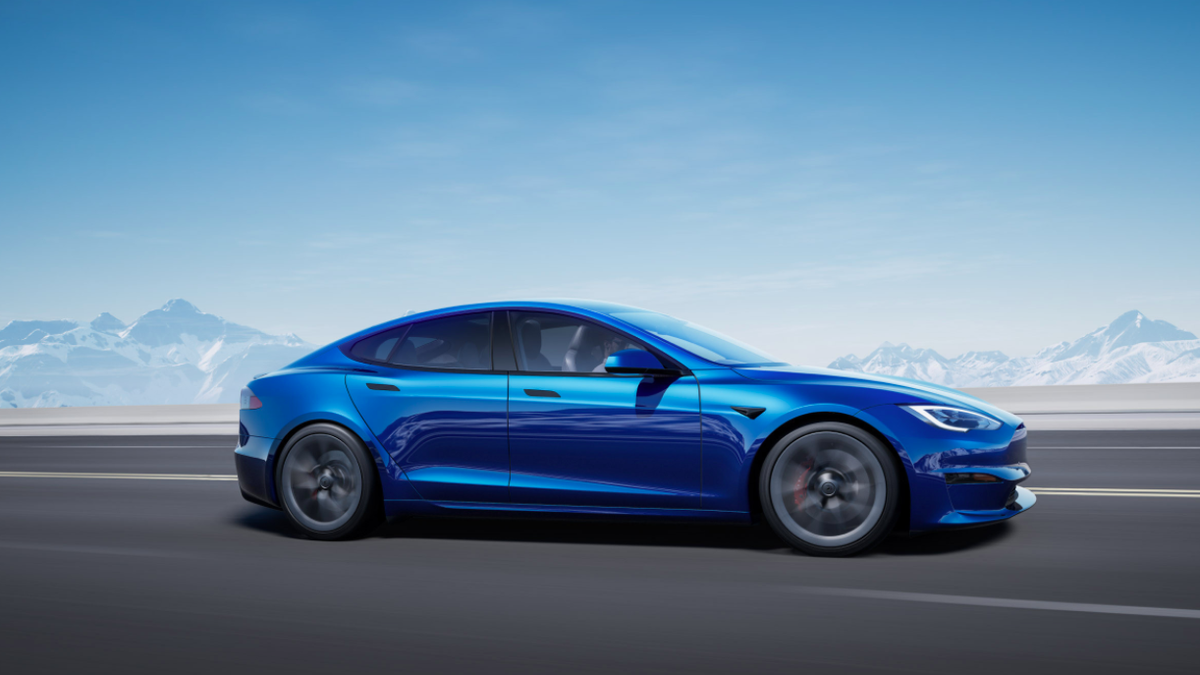
Over the weekend, a Tesla Model S was involved in an accident that killed two people in the Houston suburb of Spring, Texas. In a new development, the company’s CEO has shed light on what could have happened.
The car crash involved two people running into a tree at high speeds at a curve. Upon investigation, a police constable said that there was nobody in the driver’s seat — just in the passenger’s and back seat. This led many to believe that the Tesla Model S was running with Autopilot engaged, in a driverless state.
Tesla’s Autopilot is a suite of features that helps drivers keep the vehicle in the right lane, and avoid accidents by slowing down or manoeuvring around obstacles while being under the recommended speed limit. Unlike Full Self Driving (available later this year), Autopilot requires driver supervision and does not make the vehicle completely autonomous. It is supposed to be used as a safety feature only.
Your research as a private individual is better than professionals @WSJ! Data logs recovered so far show Autopilot was not enabled & this car did not purchase FSD.Moreover, standard Autopilot would require lane lines to turn on, which this street did not have.April 19, 2021
Elon Musk took to Twitter to share some details on the incident. He said that the recovered data logs reveal that Autopilot was not enabled at the time of the accident, nor did the owner purchase the FSD upgrade. Further, he clarified that Autopilot would function only on roads with proper lane markings, which the accident site did not have.
Moreover, Autopilot on Teslas is programmed to function only when the driver is on the seat and has their hands on the steering wheel — acting as a “dead man’s switch”, and disengaging if left unattended for more than 10 seconds.
Harris County police will be conducting a further investigation about the fatal Tesla crash.
Tesla with Autopilot engaged is almost 10 times safer than an average vehicle, with just one accident every 4.19 million miles, as revealed in the company’s Vehicle Safety Report for the first quarter of 2021. By comparison, for other vehicles, there is a crash every 4,84,000 miles.
Get daily insight, inspiration and deals in your inbox
Sign up for breaking news, reviews, opinion, top tech deals, and more.
Aakash is the engine that keeps TechRadar India running, using his experience and ideas to help consumers get to the right products via reviews, buying guides and explainers. Apart from phones, computers and cameras, he is obsessed with electric vehicles.

iOS 18.4 adds a dedicated Ambient Music feature - and I have 3 big questions

Microsoft skirts around rumors that it has cancelled several data center projects worth billions of dollars

Devil May Cry creator on making a super gothic Netflix anime series: 'Infusing comedy within action really makes it pop'


